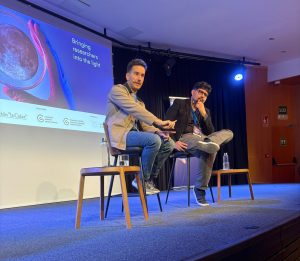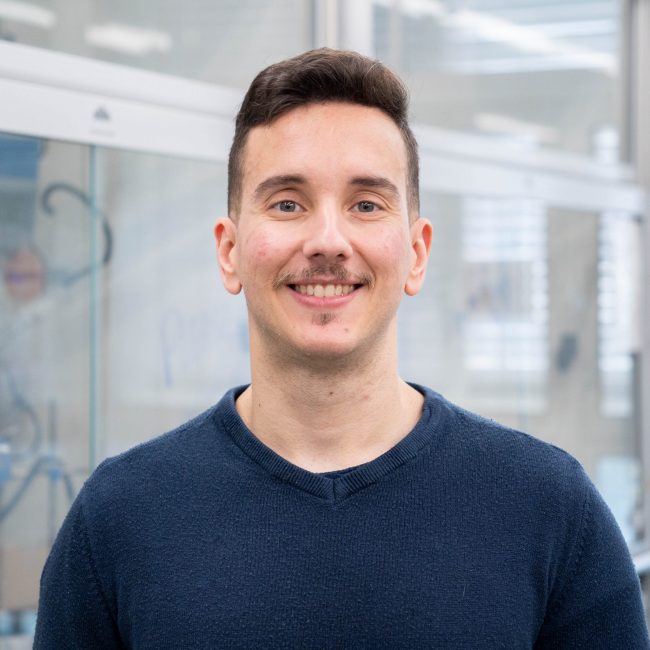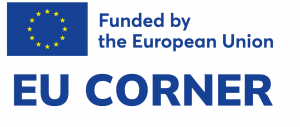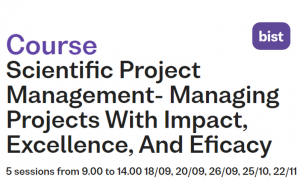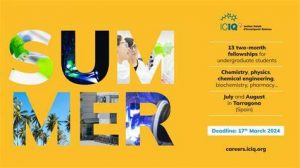Temperature is a central concept in thermodynamics and is one of the most crucial parameters to be described in scientific and technological achievements. Due to the high importance of measuring this property, thermometers are accounted for ≈ 80% of the sensor market and could reach 6.86 billion USD in 2023 according to a study done by Grand View Research, Inc. Since technology is advancing in miniaturizing devices and scientific interest in nanoscale structures and phenomena is increasing, the need for new thermometric sensor platforms is surging since regular thermometers are limited to tens of micrometers size range. Additionally, a remote way to control their position has not been realized. Therefore, the development of a thermometer working on the nanoscale
with a precise position control is highly desired. Nano/micro-motors are particles capable of realizing motion through external stimuli, and they can be spatially and temporally controlled remotely, thus opening new possibilities for sensor technology. In TherMotors, we propose combining the self-propulsion of photoactive nanomotors with the thermometric properties of lanthanoid-doped nanocrystals to obtain advanced functional nanodevices that can move when excited by an UV source, while IR excitation will allow for measuring temperature in the surroundings. In this way, a great scientific development will be made in allowing temperature to be measured remotely in a small size scale and, at the same time, allow the precise control of the region in which the temperature will be measured.
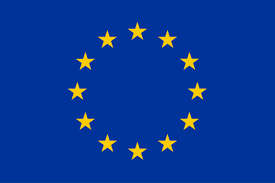 This project has received funding from the European Union’s Horizon Europe research and innovation program under grant agreement 101148668
This project has received funding from the European Union’s Horizon Europe research and innovation program under grant agreement 101148668
